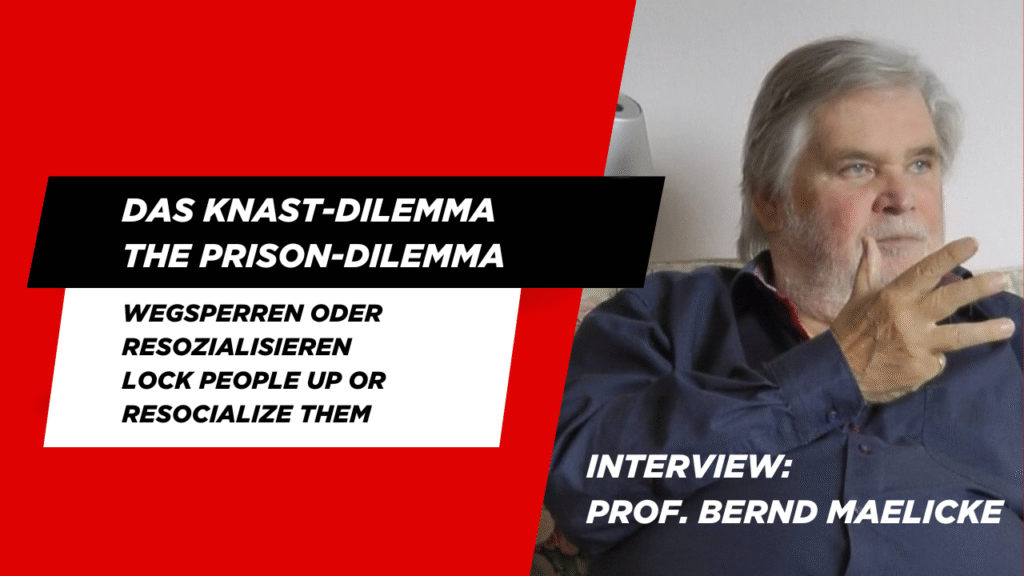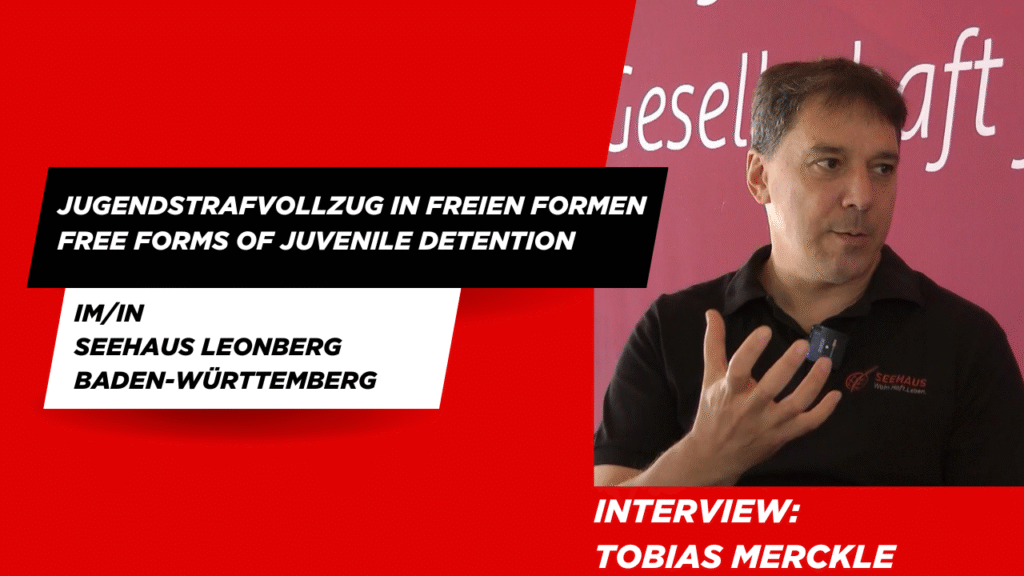Previous Article
News
Michelle S. Phelps on Supporting the Wellbeing of Adults on Probation
Supporting the Wellbeing of Adults on Probation
Findings from the U.S.
Michelle S. Phelps
Associate Professor of Sociology, University of Minnesota
Over the past several decades, Western countries have embarked on a dramatic proliferation of community sanctions–including probation, parole, community service, and fines and fees. This expansion of mass supervision, or what Fergus McNeill describes as pervasive punishment, is nowhere clearer than in the U.S. In 2018, one in every 72 adults was on probation (compared to one in 120 adults incarcerated in jails and prisons). Individuals on probation in the U.S. are under the supervision of a probation officer and required to meet a set of conditions of supervision, including abstaining from alcohol and substance use, reporting regularly, finding or maintaining employment and adequate housing, and paying supervision fees and court fines.
Despite the scale and severity of probation in the U.S., research on it’s consequences for individual, family, and community wellbeing are poorly understood, especially compared to the voluminous literature on mass incarceration. The Mass Probation and Health project was designed to map these connections, to better understanding how the criminal legal system and healthcare systems intersect. We situated our project in Hennepin County, Minnesota, a jurisdiction known for both its high rate of probation supervision and relatively moderate (by U.S. standards) incarceration rate.
In 2019, we interviewed 166 adults on probation, asking about a wide range of topics, including criminal justice histories; physical health, mental health, and substance use; employment and housing stability; and family dynamics. In our new report, Mass Probation and Health: Supporting the Wellbeing of Adults on Probation, we show that adults on probation face stark medical and social needs. Over 90% of our sample reported ever being diagnosed with one or more health conditions. Additionally, 75% of our sample reported that drug or alcohol use had ever been a problem for them, and just under half had participated in substance use treatment during the past year.
Social and economic needs were also acute. Almost half of our sample (40%) reported being uninsured or having gaps in their health insurance over the past year. The majority of participants (64%) were not employed at the time of the interview and 30% reported food insecurity. In addition, only 24% were living in their own apartment or home at the time of the interview.
For some participants, their arrest and supervision had helped connect them to health and social services, including substance use treatment and supportive housing. Still others continued to struggle with untreated health needs as well as stark social needs—including food insecurity, unstable housing, and other challenges.
Whether or not these needs were met shaped how participants experienced supervision–as we show through a series of profiles. While nearly all (roughly 90%) of participants described their experiences with their probation officers as respectful and fair, only 75% reported that they receive support from their probation officers when needed. In addition, over half (58%) agreed or strongly agreed that their experience on supervision had been stressful. The stress of supervision was often connected to the fear of revocation, with participants worried about how any technical violation, no matter how minor, could lead to their incarceration. Together, the stress of supervision often harmed participants’ ability to succeed in the community.
We end the report with four policy recommendations, which are oriented towards jurisdictions in the U.S. but some of which will apply more broadly. These recommendations include:
- Facilitating access to needed supportive services, including healthcare and assistance programs.
- Reducing the number of people on probation and/or active supervision.
- Narrowing the criteria for violations of supervision.
- Limiting drug testing and moving toward a desistance model of support.
We hope the report will better focus attention on the health needs of marginalized people and communities. Healthy families and communities need all of the other supports that enable people to thrive, including access to affordable housing, income support, responsive healthcare, and social inclusion. These health-promoting interventions make our communities safer for all.
To access the full report click here.

Related News
Keep up to date with the latest developments, stories, and updates on probation from across Europe and beyond. Find relevant news and insights shaping the field today.

Probation in Europe, Technology
Have Your Say: EU Call for Evidence on the Digitalisation of Justice (2025–2030)
18/08/2025
The European Commission has opened a Call for Evidence on the Digitalisation of Justice: 2025–2030 European Judicial Training Strategy.
Reading corner

Criminal Justice
Parole Futures
18/08/2025
At a time when many parole systems are experiencing considerable strain, the aims of this collection are twofold: first, to encourage systematic and critical reflection on the rationalities, institutions and practices of parole. Second, to think big, and pose ambitious ‘what if’ questions about the possible futures of parole and prison release. Offering novel insights from Asia, Australia, Europe, North America and South America, this collection builds the case for, and then showcases, a ‘way of doing’ parole research that is global in outlook, interdisciplinary in approach and unapologetically normative in character.
New

Probation in Europe
New Vodcast Episode: Prof. Bernd Maelicke on The Prison-Dilemma
12/08/2025
The 13th episode of Division_Y features an in-depth conversation with Prof. Bernd Maelicke, one of Germany’s most respected voices in prison and probation reform.
New

Probation outside Europe
CEP Ambassador Steve Pitts Receives Prestigious Japanese Honour
05/08/2025
We are pleased to share that CEP Ambassador Steve Pitts has been awarded the prestigious Order of the Rising Sun, Gold Rays with Rosette by the Government of Japan. The honour was officially presented on 25th July 2025 at a formal ceremony held at the Japanese Ambassador‘s residence in London, hosted by the Japanese Ambassador.
New

CEP Events
Mark Your Calendars: Exciting Probation Events Ahead
30/07/2025
As the season continues, we’re looking ahead to a dynamic line-up of events across Europe. From specialised workshops to international training and conferences, there’s something valuable for everyone working in probation and beyond.
New

Probation in Europe
New Vodcast Episode: Tobias Merckle on Free Forms of Juvenile Detention
12/07/2025
The 12th episode of Division_Y features an engaging discussion with Tobias Merckle, a social worker and social entrepreneur from Baden-Württemberg, Germany.
Subscribe to our bi-monthly email newsletter!
"*" indicates required fields
- Keep up to date with important probation developments and insights.

